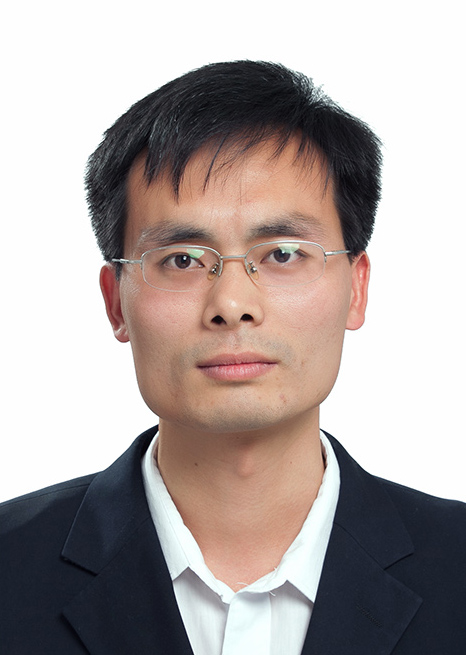
Title:
Efficient Learning and Intelligent Critic Control for Complex Nonlinear Systems
Abstract:
In recent years, with the wide popularity of networked techniques and the extension of computer control scales,
more and more dynamical systems are encountered with the difficulty of building accurately mathematical
models and are operated based on increasing communication resources.
Due to the dynamics complexity, it is always difficult to achieve direct optimization design and the related control efficiencies are often low.
Adaptive critic is an excellent kind of methods to address intelligent control problems for various complex systems.
During the adaptive critic framework, reinforcement learning is combined with the neural network approximator to
cope with complex optimization and advanced control problems approximately.
This report displays some efficient learning and advanced control results with critic intelligence for complex discrete-time systems,
which covers the novel control theory, advanced control methods, and typical applications for wastewater treatment systems.
Therein, combining with artificial intelligence techniques, such as neural networks and reinforcement learning,
the novel intelligent critic control theory as well as a series of advanced optimal regulation and trajectory tracking strategies are established
for discrete-time nonlinear systems, followed by application verifications to complex wastewater treatment processes.
Biography:
Ding Wang is a Full Professor with the Faculty of Information Technology,
Beijing University of Technology. He has authored or co-authored over
120 journal and conference papers and four monographs.
His current research interests include adaptive critic control with industrial applications,
reinforcement learning, and intelligent systems.
He chaired the Excellent Young Scientists Fund awarded by the National Natural Science
Foundation of China and the Outstanding Young Scientists Fund awarded by the Beijing
Natural Science Foundation. Dr. Wang was successively selected as a Clarivate Highly
Cited Researcher from 2020 to 2022. He is a member of IEEE/CAA Journal of Automatica
Sinica Early Career Advisory Board. He currently serves as an Associate Editor of
IEEE Transactions on Systems, Man, and Cybernetics: Systems, Neural Networks,
Engineering Applications of Artificial Intelligence, International Journal of Robust and
Nonlinear Control, Neurocomputing, and Acta Automatica Sinica.



